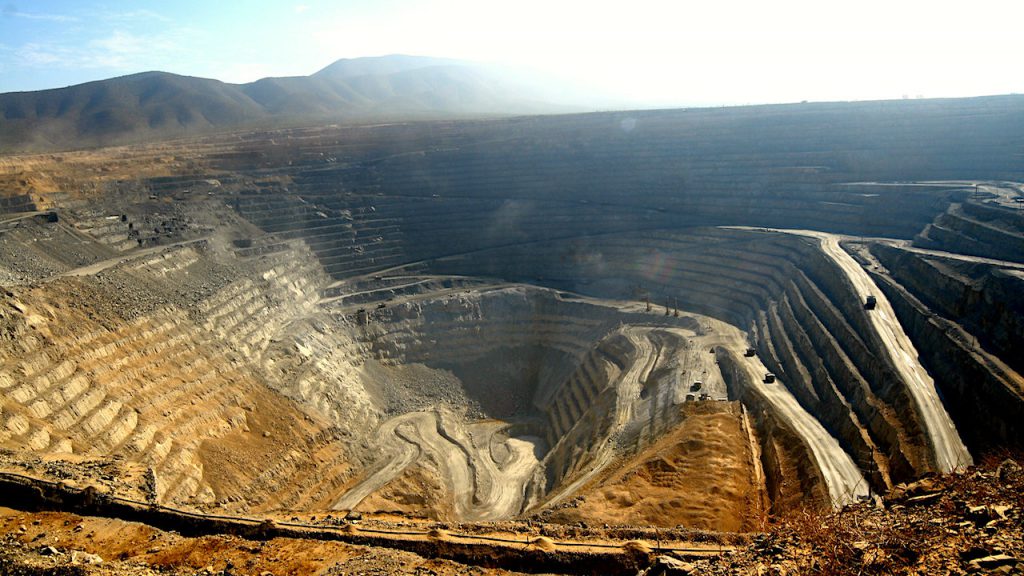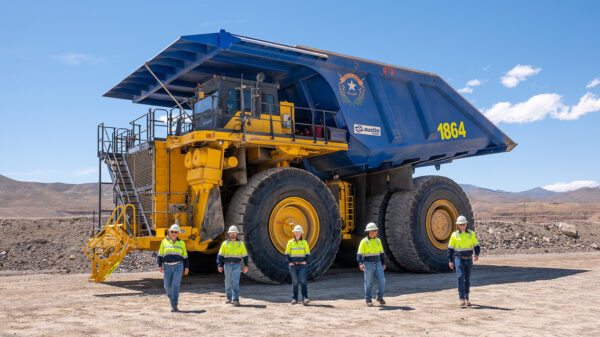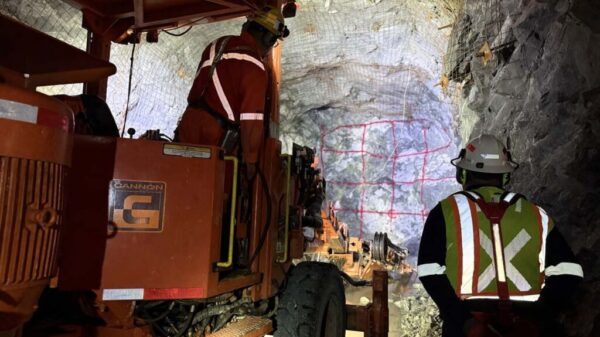The cessation of operations at Newmont Corporation’s (NYSE: NEM) (TSX: NGT) Peñasquito gold mine is set to exacerbate the already declining state of Mexico’s mining output.
This week, the Mexican Mining Chamber (Camimex), expressed concerns over the interruption that has already been halted for four weeks due to a strike initiated by approximately 2,000 unionized employees.
The workers are alleging that there have been breaches in payment and the collective contract that was agreed upon in June 2022. However, both the union and the company have shown a willingness to engage in dialogue.
“Peñasquito is one of the largest mining companies in the country. The effect on mining production will be significant. We hope that it will be resolved soon and in accordance with the law,” Camimex president Jaime Gutiérrez said during the unveiling of the chamber’s yearly report.
The mining output has already seen a 0.1 per cent year-on-year contraction from January to April, as reported by the Inegi statistics agency.
In 2022, the value of Mexico’s mining production fell by 5.3 per cent compared to the previous year, amounting to approximately $317 billion Mexican pesos (US $15.78 billion). Gold constituted 30.5 per cent of this figure, as per the data from Camimex, which was derived from governmental statistics.
Gutiérrez further noted that Camimex has been monitoring these union activities since the beginning of the strike on June 6 and emphasized the importance of adhering to the law, while also advocating for enhanced legal certainty.
The company, headquartered in Denver, is the largest gold producer globally. Company stock dropped by 1 per cent on Wednesday to $55.93 on the Toronto Stock Exchange.
Read more: Newmont suspends activity at Mexico’s Peñasquito mine over labour strike notice
Read more: Newmont to invest $540M in Argentina’s Cerro Negro mine
Labour disputes unfolding in the region
Another labour dispute is unfolding at San Martín, a mine in Zacatecas that extracts lead, zinc, and copper and is owned by Grupo México. This has prompted the United States to request Mexico to investigate potential infringements of workers’ rights under the T-MEC treaty, which involves Mexico, the United States and Canada.
Grupo México, in a statement released the previous month, asserted that San Martín is operating based on the majority decision of its workforce. This comes after the strike that had resulted in the mine’s closure for over a decade was lifted following a worker assembly in 2018. The mine is currently under the management of its subsidiary, Industrial Minera México.
“We know that our members fully comply with the current regulations and, precisely, we consider that as long as everyone, including the authorities, adhere to it, there should not be this type of conflicts or concerns,” executive director of Camimex Karen Flores said in a statement.
Mexico recently passed a new mining law and reforms that may impact the mining output of the country in the future.
The new mining law, which has faced criticism from the mining chamber and Canada, shortens concessions in the mining sector from 50 years to 30, tightens water extraction permits, and imposes new requirements on mining companies.
The reform aims to limit harmful practices by extractive industries and improve protections for the environment and Indigenous communities. However, the changes have raised concerns among industry stakeholders about the potential impacts on mining concessions, the use of national waters and waste management.













